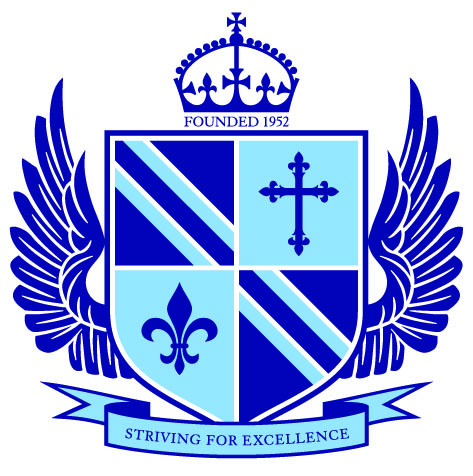Physical Education
The Cambridge National and GCSE are both Level 2 qualifications with equivalent gradings, but are assessed very differently. The Cambridge Nationals have assessments which can be taken at stages throughout the course. There is the opportunity to resit a unit and the better result counts. Unlike GCSEs, there is no final examination that tests all areas of the course.
GCSE Physical EducationWhen students consider selecting GCSE PE as an option, they should be aware that there is considerable emphasis on the theoretical and written work, and they should be prepared to work as hard in this area as in their practical activities. Candidates should be able to:
Demonstrate knowledge and understanding of:
SPECIFICATION LINK: 8582 COURSE INFORMATION: AQA GCSE Physical Education (601/8279/9) ASSESSMENT STRUCTUREThis syllabus integrates the theoretical and practical elements of the study of physical activity. The practical work includes four selected assessments in which understanding and the ability to apply rules, techniques, skills and tactics will be developed, both practically and theoretically. The theoretical aspects to be studied are: Health, fitness and a healthy lifestyle (including diet); the roles of the active participant; effects of exercise on the body; methods of training; cultural and social factors and school influences. Paper 1: The human body and movement in physical activity and sportWhat's assessed
How it's assessed
Questions
Paper 2: Socio-cultural influences and well-being in physical activity and sportWhat's assessed
How it's assessed
Questions
Non-exam assessment: Practical performance in physical activity and sportWhat's assessed
How it's assessed
Questions
|
GCSE Sports StudiesThe Cambridge National Award in Sports Studies offers learners the chance to develop different types of skills through largely practical means; communication, problem solving, team working, evaluation and analysis, performing under pressure, and formulating written findings from practical investigation are all transferable skills, which can be learned and assessed through these qualifications and utilised in many other educational and employment settings. SPECIFICATION LINK: J829 COURSE INFORMATION: OCR level 2 Cambridge National Award in Sports Studies (600/5123/1) This qualification has been designed with practical and engaging ways of teaching in mind and enables learners to:
This course encompasses some core sport/physical education themes, delivered in sector-based themes. Learners have the opportunity to apply theoretical knowledge about different types of sport and physical activity, skills development and sports leadership to their own practical performance. They will learn about contemporary issues in sport, such as funding, participation, ethics and role models, and sport and the media. Learners will develop an appreciation of the importance of sport locally and nationally, different ways of being involved in sport and of how this shapes the sports industry. ASSESSMENT STRUCTUREThere are two mandatory units: R184: Contemporary issues in sport
R185: Performance and leadership in sports activities
For the Certificate there are a further two optional units. These will be one from the following*: * (This will be decided on the best needs of the students and the resources available to deliver at the time) R186: Sport and the mediaR187: Increasing awareness of outdoor and adventurous activities
|
